Should small children and even teenagers be compelled to wear masks against the Coronavirus variants? Given the pandemic in the United Kingdom and its consequences, British radio repeatedly airs the view of those insisting that children should be masked. However, there are also those, as here, too, complaining about this insistence. But are the latter’s valid reasons for doing so being sufficiently aired?
Inevitably, the usual urging comes down on the side of caution. Nevertheless, the counter-argument is that there has been too little done to investigate the very real psychological and mental damage that can be done to children compelled to wear masks of varying degrees of efficacy, if any – while not being able to see their companions’ faces, or those of other adults. At times it must be almost terrifying to sensitive children – at the very least, unnatural and bizarre.
We are all aware it is disconcerting even for adults to not be able to see more than the eyes of those with whom they are mixing. Human beings have a basic need to be able to see faces to scrutinise, assess, judge reactions, to feel reassured with a smile, a friendly response — or be alerted to possible hostility. So what about the psychological effect on children? What are we doing to the minds of these little ones in preschool, even — from only two years onwards — who are compelled to wear masks? When they may need to be constantly adjusted, how even practicable even is this?
Many adults dislike the feeling of mask-wearing, finding it a disconcerting sensation, but acknowledging its necessity in situations such as those for doctors and nurses needing for themselves, and their patients, maximum protection. But our young in particular so badly need faces as reference points in an increasingly worried and worrying world.
I am reminded, too, of a foolish, even dangerous practice which crops up every now and again among children. By breathing rapidly into and out from a brown paper bag, for example, held close around the lips, a child can be induced to faint because of the recycling of carbon dioxide, rather than oxygen, in that over-close confinement. The question has legitimately been raised about whether children wearing close-fitting masks are also consistently breathing in too much carbon dioxide — and what consequences this may have long-term.
Particularly worrying in these abnormal, restrictive times has been the effect on the mental health of teenagers, as well as children much younger, because of the stress situations associated not only with the coronavirus, but with some adults’ panicky attitudes which children absorb. For example, a Kids Helpline Australian site reveals a disturbing pattern of behaviour among the young, including attempted suicide rates which reportedly rose to 184% among Victorian teenagers in the six months preceding last June. Households become tense during lockdown and it was reported that children’s counsellors were calling police and ambulances 53 times a week to help suicidal or abused children as young as five – although teenagers aged 13-18 were at most risk.
There is no doubt that people are increasingly challenging the validity of lockdowns, the undoubted toll they take, and the quite shocking eagerness of some police — in Victoria, for example — to take unnecessary, aggressive and punitive action against those peacefully gathered to protest.
The damage caused in so many ways to our countries on both sides of the Tasman, as a result of our governments’ over-readiness to confine us into recycling lockdowns, is wearing people’s patience thin. The understanding that lockdown was understandable, as an initial reaction by governments, is not extending into a tolerance of continuing to put up with continuing restrictions on people’s freedoms; businesses and lives ruined; and so many needing care for cancer, heart, renal, neurological, mental and other major health problems unable to get crucial access for medical treatment.
Inevitably, it has also produced a public increasingly sceptical about the alacrity with which our governments have put in measures to trace people’s movements and to restrict their freedoms. That most governments, having contrived such useful steps along the road to a surveillance society, will be reluctant to abandon these controls, should be a warning to any, except the most naïve.
But that children worldwide are being conditioned into mentally and psychologically, even potentially physically damaging practices — with the shocking consequences we have seen and continue to see — should also be a matter of urgent debate.
Do the “experts” really know what is being done to them?
Got something to add? Join the discussion and comment below.
Get 10 issues for just $10
Subscribe to The Spectator Australia today for the next 10 magazine issues, plus full online access, for just $10.

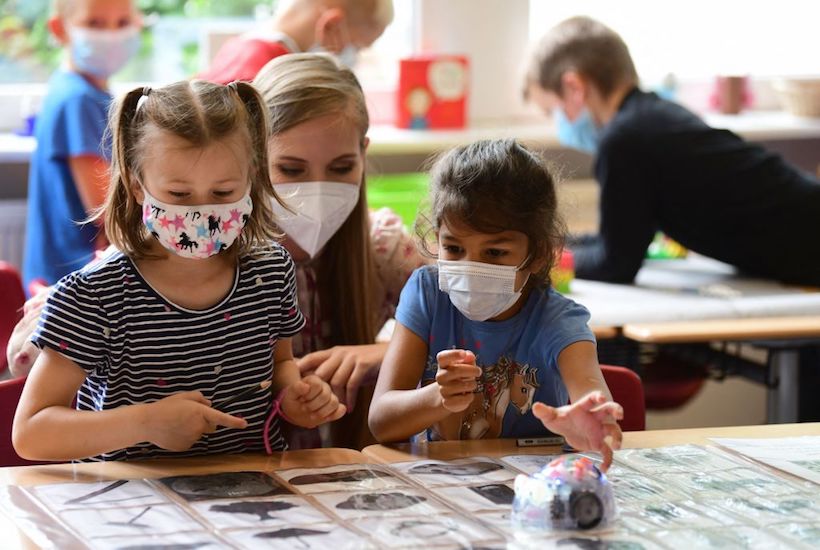
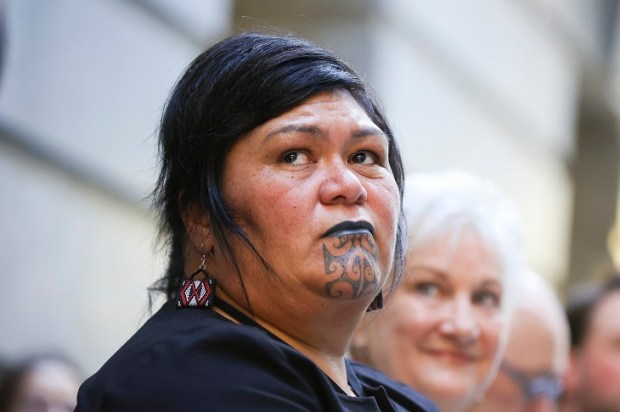
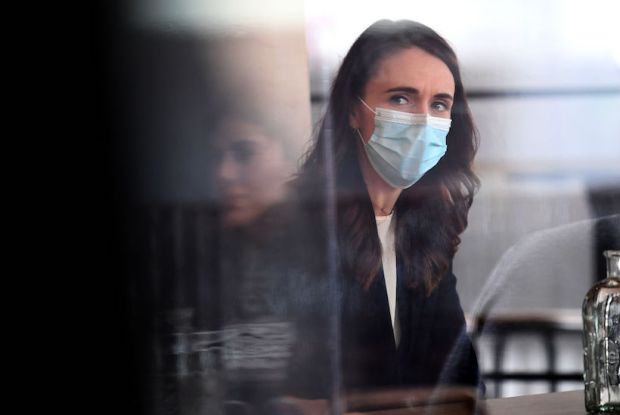
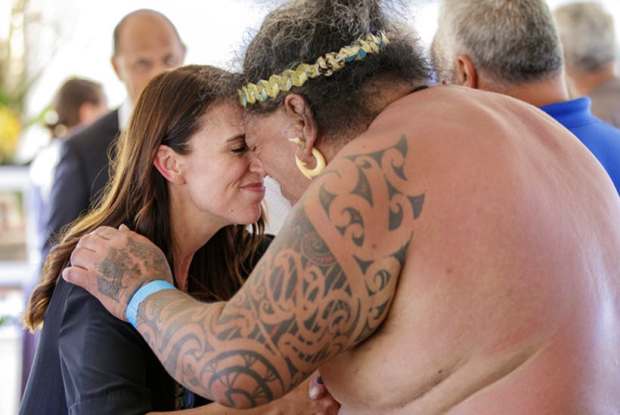
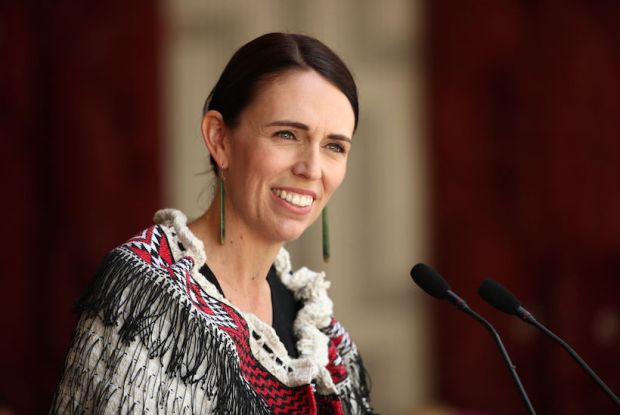
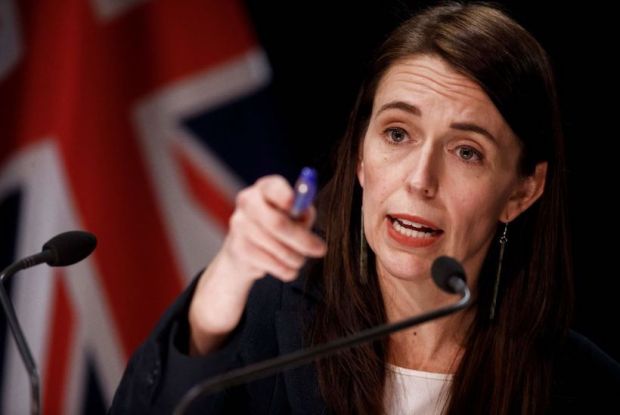
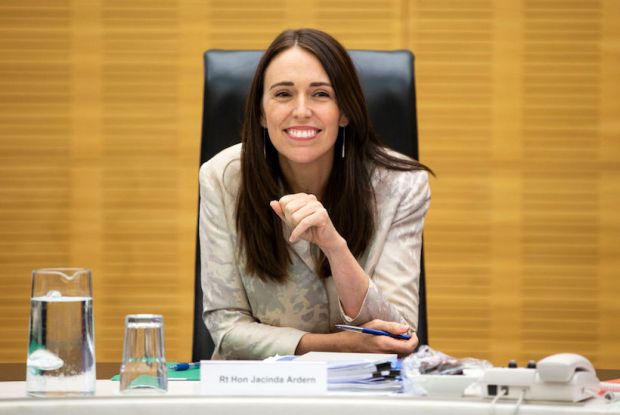


















Comments
Don't miss out
Join the conversation with other Spectator Australia readers. Subscribe to leave a comment.
SUBSCRIBEAlready a subscriber? Log in